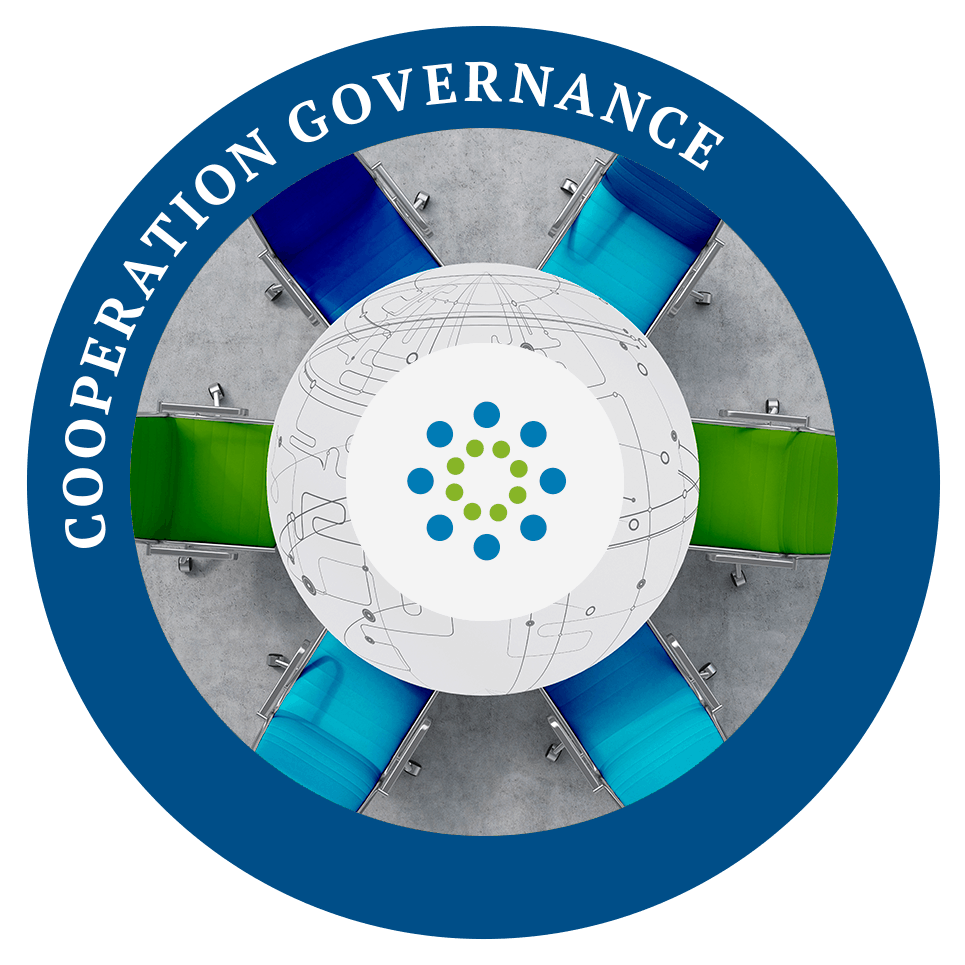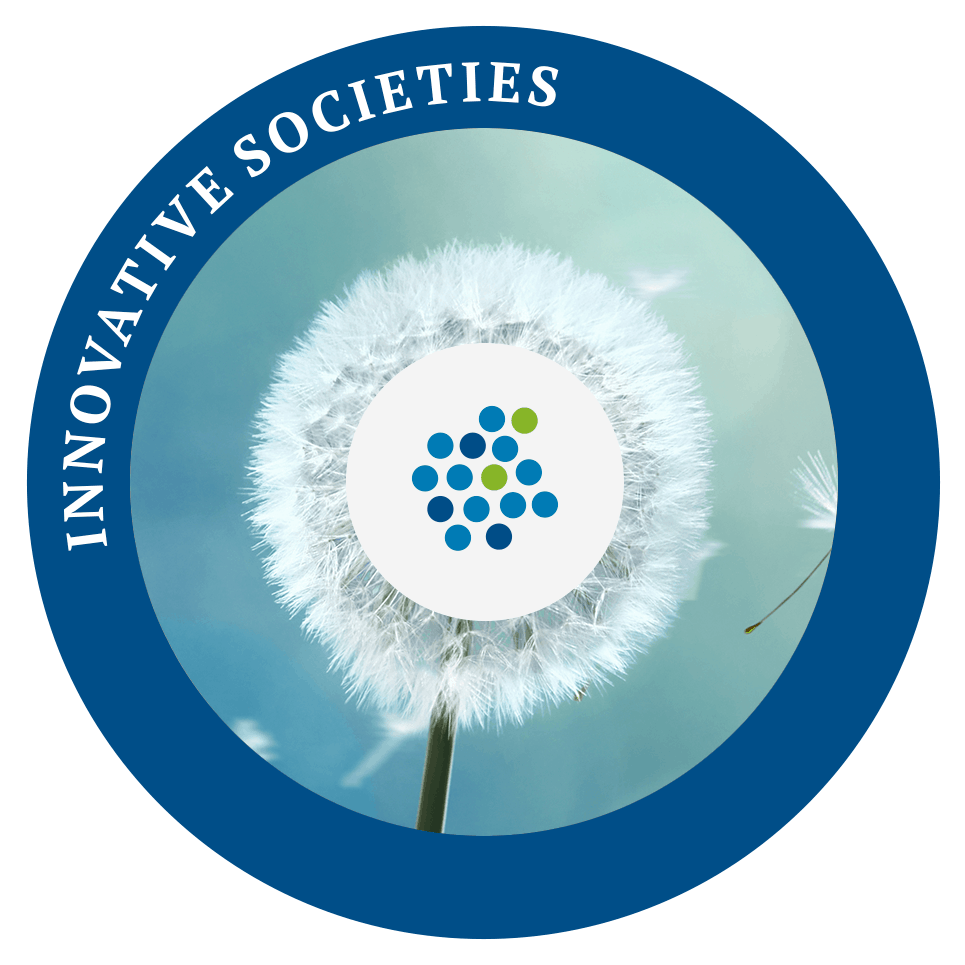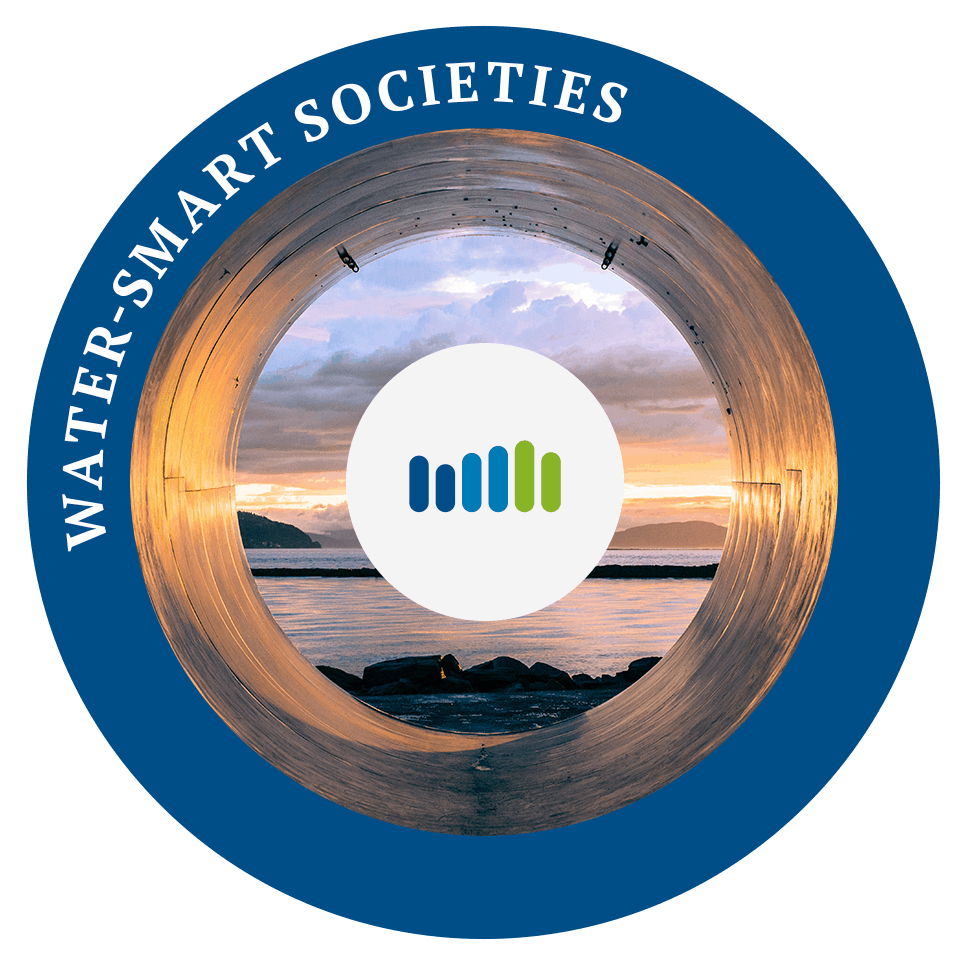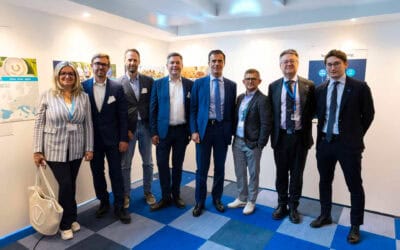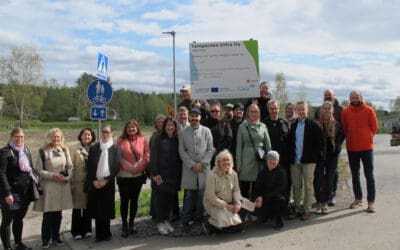priority 4: Cooperation governance
Objective 4.2
Macro-regional governance
The Programme supports actions that implement and strengthen governance and communication activities in the EU Strategy for the Baltic Sea Region (EUSBSR). They shall facilitate policy discussions and trigger policy changes, build up networks to develop projects and other initiatives in the policy areas of the Strategy in line with the EUSBSR action plan.
Why is macro-regional governance needed?
The EUSBSR as a macro-regional strategy is a complex and unique platform that brings together EU Member States, neighbouring non-EU countries, international and regional organisations to shape policies and implement actions of strategic importance. A clear structure is needed to coordinate these stakeholders, govern the implementation of the EUSBSR and inform the society. The Programme supports actions that implement and strengthen governance and communication activities in the EU Strategy for the Baltic Sea Region (EUSBSR).
Support to the coordinators
The Programme provides support to the coordinators of the EUSBSR policy areas (PACs) to carry out additional tasks in order to coordinate the planning and implementation of the EUSBSR policy areas. The Programme also provides support to ensure administrative, communication and capacity building assistance to the National Coordinators of the EUSBSR and other stakeholders, for instance, in the form of a Strategy point.
Communication and visibility
The Programme also supports actions to inform regional and EU stakeholders about the progress and achievements of the EUSBSR and its policy areas, changes and next steps in implementing the EUSBSR action plan. Further, the Programme supports the organisation of a meeting place in the form of Strategy forums to engage politicians, different levels of governance and civil society to discuss topical issues of the EUSBSR. In all actions the Programme encourages enhancing cooperation with the non-EU neighbouring countries to ensure synergies between the EUSBSR and other strategies as well as progress in the work on common priorities.
More details?
Assistance to the policy area coordinators of the EUSBSR
The coordinators of the EUSBSR policy areas coordinate policy discussion in their thematic field and address the need for policy changes. They build networks, engage stakeholders in the policy discussion as well as support project idea generation and project implementation.
The Programme provides funding to the coordinators of all fourteen policy areas of the Strategy and helps them advance the implementation of the EUSBSR action plan. The total Programme funding to these projects amounts to EUR 3,9 million from the European Regional Development Fund. The projects run till December 2024.
Assistance to a Strategy point
Partners setting up the Strategy point provide administrative support to the group of National Coordinators of the EUSBSR. They support capacity building of the stakeholders of the EUSBSR. They coordinate communication including running the EUSBSR website and other communication tools.
The Strategy point was set up by the Centrum Balticum Foundation, Finland, as the lead partner, in cooperation with the Free and Hanseatic City of Hamburg, Germany. It is supported by the Eastern Norway County Network as an associated organisation. The Programme funding to the Strategy point is granted through a project that runs till September 2025. It amounts to EUR 1,2 million from the European Regional Development Fund.
Organisation of Strategy Forums
A Strategy Forum is a meeting place for organisations implementing the EUSBSR and other stakeholders. Organised as a conference or similar, a Strategy Forum communicates the work of the EUSBSR, its objectives and its achievements to policymakers, public authorities, and to a wider audience. It stimulates policy discussions and disseminates results. It provides stakeholders with a networking occasion and helps actively engage them in the planning and implementation of the EUSBSR action plan.
The Programme provides funding for the organisation of the Strategy Forums, usually arranged every year. The Programme funding is granted through a project for each Strategy Forum and amounts to up to EUR 160,000 from the European Regional Development Fund.
You can find all operations funded by the Programme under the objective “Macro-regional governance” and the partner organisations you can find from the list of operations 2021-2027, available in the project library.
You can find more information about the actions of the EUSBSR policy area coordinators, the Baltic Sea Strategy Point as well as the Strategy Forums on the website of the EU Strategy for the Baltic Sea Region.
Sign up now
Newsletter subscription
Four priorities & nine objectives
Four priorities for cooperation
Interreg Baltic Sea Region 2021-2027 creates opportunities for organisations to connect
as if there were no borders. With experience and EU funding, we help them cooperate and put their ideas into practice.
Jointly, we make the life of people around the Baltic Sea better.
The Programme is structured along with four priorities. They guide partners in achieving the most when cooperating across borders.
Priority 1
Innovative societies
1.1 Resilient economies and communities
1.2 Responsive public services
Priority 3
Climate-neutral societies
3.1 Circular economy
3.2 Energy transition
3.3 Smart green mobility
Overview: all the Programme objectives
Resilient economies and communities
Objective 1.1
under Priority 1: Innovative societies
Sustainable waters
Objective 2.1
under Priority 2: Water-smart societies
Circular economy
Objective 3.1
under Priority 3: Climate-neutral societies
Project platforms
Objective 4.1
under Priority 4: Cooperation governance
Responsive public service
Objective 1.2
under Priority 1: Innovative societies
Blue economy
Objective 2.2
under Priority 2: Water-smart societies
Energy transition
Objective 3.2
under Priority 3: Climate-neutral societies
Macro-regional governance
Objective 4.2
under Priority 4: Cooperation governance
Resilient economies and communities
Objective 1.1
under Priority 1: Innovative societies
Responsive public service
Objective 1.2
under Priority 1: Innovative societies
Sustainable waters
Objective 2.1
under Priority 2: Water-smart societies
Blue economy
Objective 2.2
under Priority 2: Water-smart societies
Climate-neutral societies
Objective 3.1
under Priority 3: Climate-neutral societies
Energy transition
Objective 3.2
under Priority 3: Climate-neutral societies
Smart green mobility
Objective 3.3
under Priority 3: Climate-neutral societies
Project platforms
Objective 4.1
under Priority 4: Cooperation governance
Macro-regional governance
Objective 4.2
under Priority 4: Cooperation governance
News
CompositeCircle kicked off in Lappeenranta: setting the stage for circular innovation
The CompositeCircle project officially launched with a multi-day kick-off meeting in Lappeenranta, Finland, bringing together partners from across the Baltic...
(No title)
Energy Equilibrium seminar in Lithuania — Energy Accumulation for municipal energy sector
With the support of Association of Local Authorities in Lithuania the seminar “Energy sector planning in municipalities for the transition to renewable...
Highlights from webinars and training workshops in Sweden
This past spring, our Swedish project partners, Sustainable Business Hub and the Municipality of Tomelilla, co-hosted both a webinar on the potential of...
How transnational cooperation is building Europe´s future with youth
Explore how transnational cooperation is transforming Europe, from addressing climate change to fostering local economic growth. This exhibition highlights the powerful impact of collaboration beyond borders in shaping a stronger, more united future.
Painting Baltic Sea region cities blue
There is nothing more exciting than seeing an Interreg project in action. On 22 May 2025, the project City Blues showcased how it is changing areas around the city of Tampere to prepare it for the consequences of climate change better.
Overcoming Borders Together – Interreg at the Fehmarnbelt Days 2025
Join us at the Fehmarnbelt Days 2025 on June 14-16, where Interreg Deutschland-Danmark, Interreg North Sea, and Interreg Baltic Sea will showcase the power of cross-border cooperation at our joint stand.



